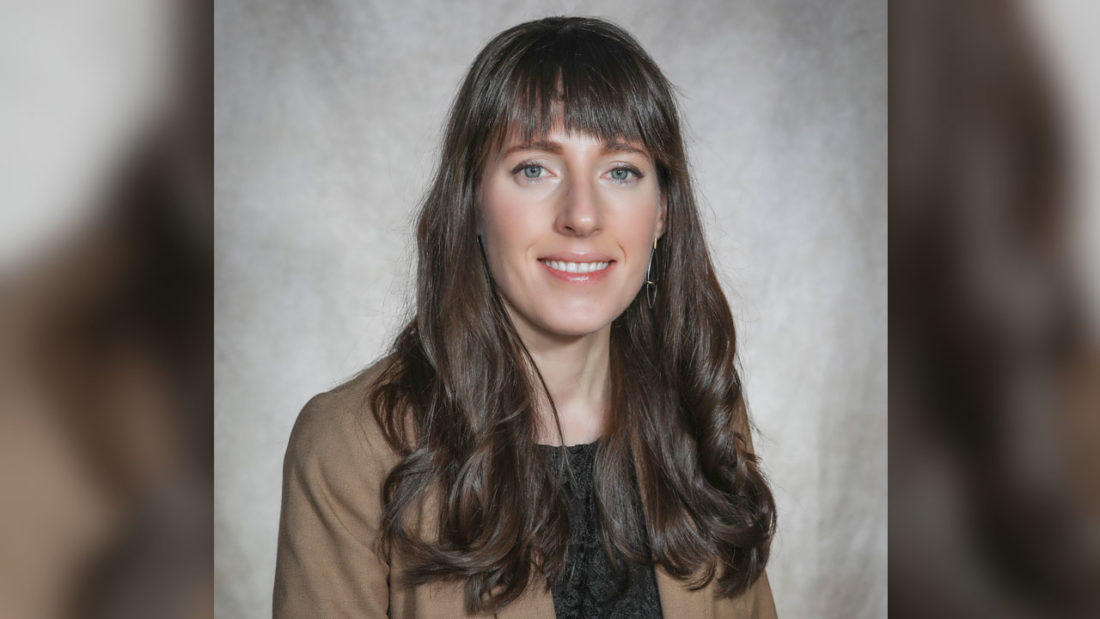Ashley Bissonnette, senior researcher at the Mashantucket Pequot Museum & Research Center, will present the talk, “Ethnobotanicals of Southern New England: Understanding Indigenous Roots to Address Health Disparities and Cultivate Public Health Initiatives,” from 12 to 1 p.m. on Thursday, Nov. 14, in the Center for Medicine, Nursing and Health Sciences, MNH201, at Quinnipiac University, 370 Bassett Road. This talk is free and open to the public.
“Health disparities among Native Americans stem from historical trauma and unjust policy that sought to disconnect tribal peoples from their land, heritage and medicine,” Bissonnette said. “This presentation pays homage to the revitalization of traditional lifeways; a resilience of traditional Indigenous medicine and the role historical archaeology has played.”
Along with discussing health disparities among Native Americans, Bissonnette will cover the ethnobotanicals and their traditional uses, and the importance of history and culture in public health programming.
In addition to her work as a senior researcher at the Mashantucket Pequot Museum & Research Center, Bissonnette is a research consultant for the University of Connecticut and an adjunct professor of public health in the Department of Health Sciences at Eastern Connecticut State University. Her expertise is in ethnomedicine and Indigenous diets, health disparities and policy, historical trauma, historical archaeology and preservation, and using cultural resources in public health programming.
The talk is part of an initiative Quinnipiac is undertaking to connect with Native voices and narratives that explore the Quinnipiac people and other Native peoples of Connecticut. The series also will explore the relationship between Quinnipiac, its location, and the Indigenous histories and cultures of this region.
For more information, call 203-582-8652.
